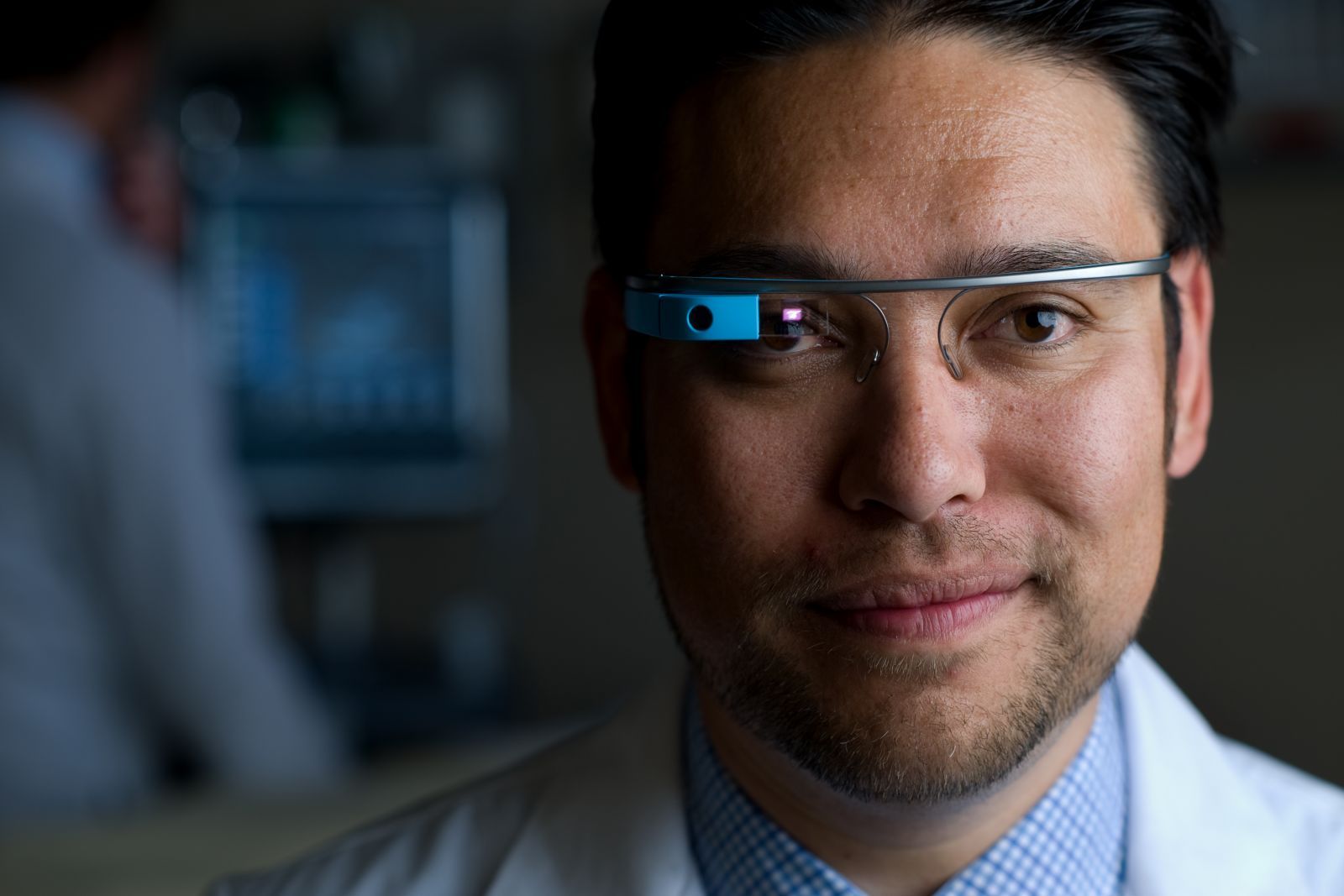Physicians Find Innovative Uses for Google Glass
Physicians who are proponents of Google Glass in healthcare are ever coming up with new uses for the device.
Physicians who are proponents of Google Glass in healthcare are ever coming up with new uses for the device.
Surgeons use Glass to broadcast procedures using Google Hangout, a California-based startup is piloting a HIPAA-compliant platform for streaming audio and video, and, now, the device is going to be used in medical education.
Some of the circumstances where iMedicalApps is predicting Google Glass will become useful are during surgery for an intra-operative second opinion and for a physician to see a patient en route to the emergency room.

Recently, the University of California Irvine announced it was the first in the nation to integrate Google Glass into the curriculum during all 4 years. The school plans to utilize the wearable device in the operating room and emergency department for third- and fourth-year students, and in anatomy labs, the medical simulation center, the ultrasound institute, and the basic science lecture hall for first- and second-year students.
“I believe digital technology will let us bring a more impactful and relevant clinical learning experience to our students,” Ralph V. Clayman, MD, dean of medicine, said in a statement. “Enabling our students to become adept at a variety of digital technologies fits perfectly into the ongoing evolution of healthcare into a more personalized, participatory, home-based and digitally driven endeavor.”
Physicians aren’t the only ones who can benefit from the use of Google Glass. A new study found that Google Glass, and video glasses like it, can calm patients during surgery. The patients in the study by David Waldman, MD, PhD, at the University of Rochester Medical Center, were being tested for serious problems, were undergoing interventional radiology.
As part of the study, 25 patients were given glasses that could show videos, while another 25 were not given glasses. According to Waldman, the glasses had Disney movies as well as ones like March of the Penguins.
Both before and after the treatment, patients answered 20 questions and rated how anxious or stressed they felt. Patients with the glasses reported anxiety scores 18% lower after compared to before. Those without the glasses were only 5.5% less anxious.
A larger patient population is needed, however, and the researchers will study 500 patients at 3 hospitals to determine which patients the glasses may help most.
As telemedicine grows ever larger in the United States, Google Glass can facilitate consultations between patients and care providers. Patients in rural communities can benefit the most by scheduling appointments with specialists not based in the area.
All of this great innovation does not mean Google Glass is acceptable in all healthcare situations or, even, that the device will endure. A decade from now healthcare providers may look back and reminisce on the time when everyone had such high hopes for that Google device no one can remember the name of.
